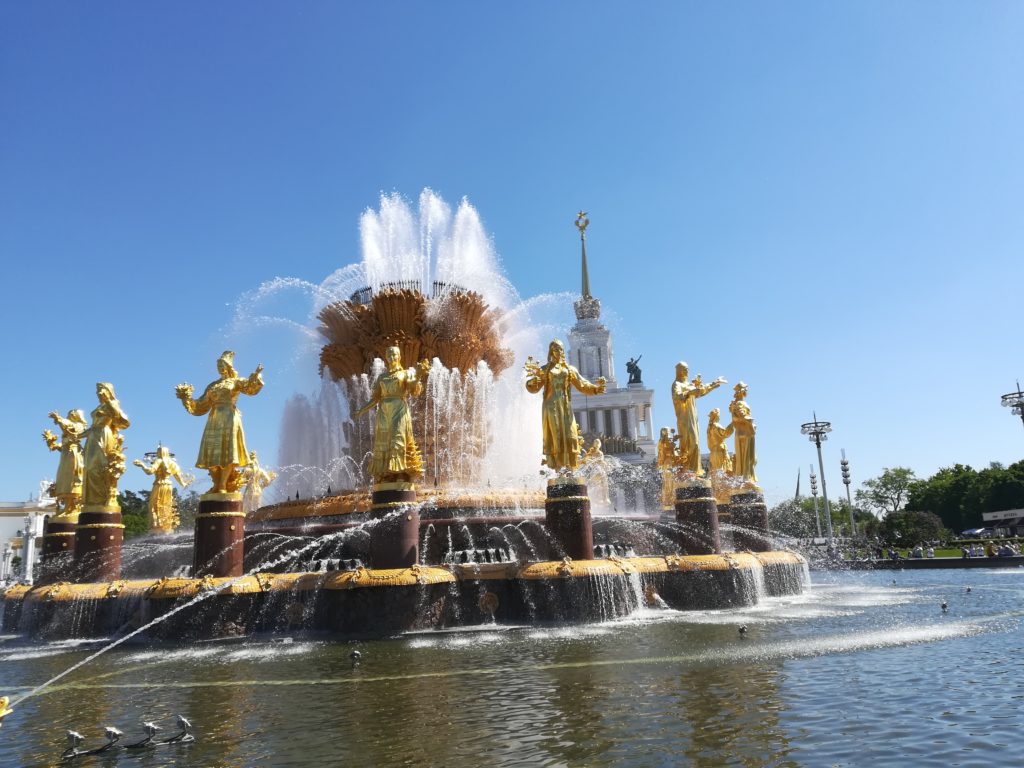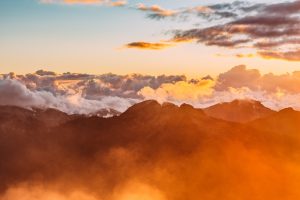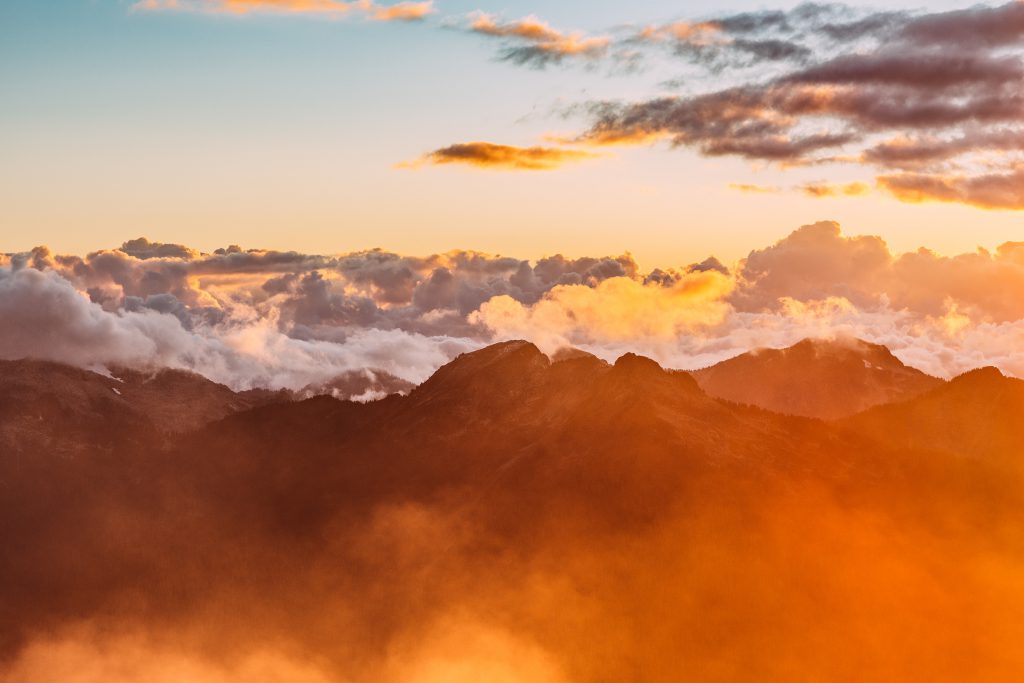About the North-Caucasus
Rough Mountains and refined cultures
The Caucasus Mountain Range
While traveling through the North Caucasus, you will see “The dark-blue mountain tops, furrowed with wrinkles, covered with layers of snow, were silhouetted against the pale horizon”. The Russian 19th century army officer and romantic poet Lermontov described the Caucasus mountains in this way while he was on a campaign through the North Caucasus area, which was gradually annexed by the Russian empire.
The North Caucasus area is part of the Russian Federation and comprehends an incomparable variety of landscapes, mountains and cultures. The mountain range between the Black Sea and the Caspian Sea forms a natural border between Europe and Asia. Famous landmarks such as the peaks of the Elbrus, Dombay, Kazbek provide breath taking views for its visitors and provide wonderful opportunities for hiking, horseback riding, skiing and other outdoor activities. The climate in the Caucasus is varies from a subtropical climate at the west coast to a more continental climate with strong temperature contrasts in the mountains to a more arid dessert climate in the east part. Due to a variety in high mountains, lowlands and its position at the South of Europe in between two seas give a wide variety of climates in this area.
The North Caucasus People
The North Caucasus people have a long history of civilisation. The area is home for more 5 million people, living in 45 indigenous people groups and most of them have their own language. Most of them are living in cities and villages in the fruitful lower lands. A minority is living more in isolated mountain villages, where old customs and traditions are still alive. Most of the languages are related to major language groups, for example the Turkic and Persian languages. Other languages are totally unrelated to other languages such as the Vainakh languages (Chechen and Ingush). Many of these people groups have preserved their own language, traditions, food and identity, due to their isolation in the mountains and an effective clan structure. Despite the differences in dances, traditions and food, most of these people groups share common values. Hospitality is one of these values. When you are invited in a North-Caucasus family home, forget that you are a tourist. First of all, you are a valued guest. Relax, enjoy your tea, local food and interesting conversations. And as a guest you will see and experience something of the refined Caucasus culture.
The North-Caucasus as Border Area
The Caucasus mountain range has a long history as border area between empires. Throughout the ages this area has been vividly connected to world history. In ancient times it formed the North-East border of the Roman empire, which was followed by the Byzantine empire. It was part of the silk road, that connected Europe and Asia. In modern history the Caucasus became the North border of the Persian and Ottoman empire and the South border of the Russian empire. Beside the tribal wars, the Caucasus was often the place where empires clashed and tried to expand their territory and influence. Ancient buildings such as the fortress of Derbent and the defence towers in Ingushetia and Chechnya are silent witnesses of the violent past.
Religiously the Caucasus area also marks the border between the Christian orthodox world and the Islam world. Due to different political alliances, some people groups have become adherent to Christianity and others to the Islam. Underneath the adherence to major world religions you will still find many local traditions that come from pagan origin. After many centuries, paganism and nature religion is still very much alive in many traditions.
Safety
The Caucasus area is known for its volatile past. In the past 30 years, there have been armed conflicts on both sides of the Caucasus mountains. Recent uprisings are the conflict between Azerbaijan and Armenia. Georgia is also dealing with disputed territories and the main conflict in the Northern-Caucasus were the two Chechen wars. During the last 15 year, the North-Caucasus has become more and more stable. We and many other foreign tourists did not experience problems while traveling recently through the North-Caucasus. We also do not know of any particular attack on foreign tourists in the last decennia. Nevertheless, many western governments still do not recommend their citizens to travel through parts of the North-Caucasus. We take this warning seriously and monitor the safety situation continuously. If needed the travel schedule of our tours will be adapted to any change of situation.
Visa’s and permits
People from many countries such as the European Union and the United Kingdom need a visa to enter the Russian Federation. Check online to see if your country is exempted from a visa obligation or not. People traveling to Abkhazia from Russia will need to have a double or multiple entry visa. Visa processes in each country might be different, therefore it is difficult to provide specific information. From the 1st of January 2021, Russia plans to provide tourists e-visa’s for many countries. This will be a single entry visa for 16 days. The e-visa would make the visa process significantly easier and cheaper.
Some parts of the Caucasus mountains are marked as border zone. You are only allowed to access a border zone with a specific permit which is provided by the Russian government. Most of our tours do not require such a permit, but if it is needs to be, we will be ready to help you receiving such a permit.
If you need any help with your visa application, our team is ready to assist and advise you.
kdljwedkljqwlekdj lkjwe lkjqe lkdjwlqe jdlkwej

Photo

















